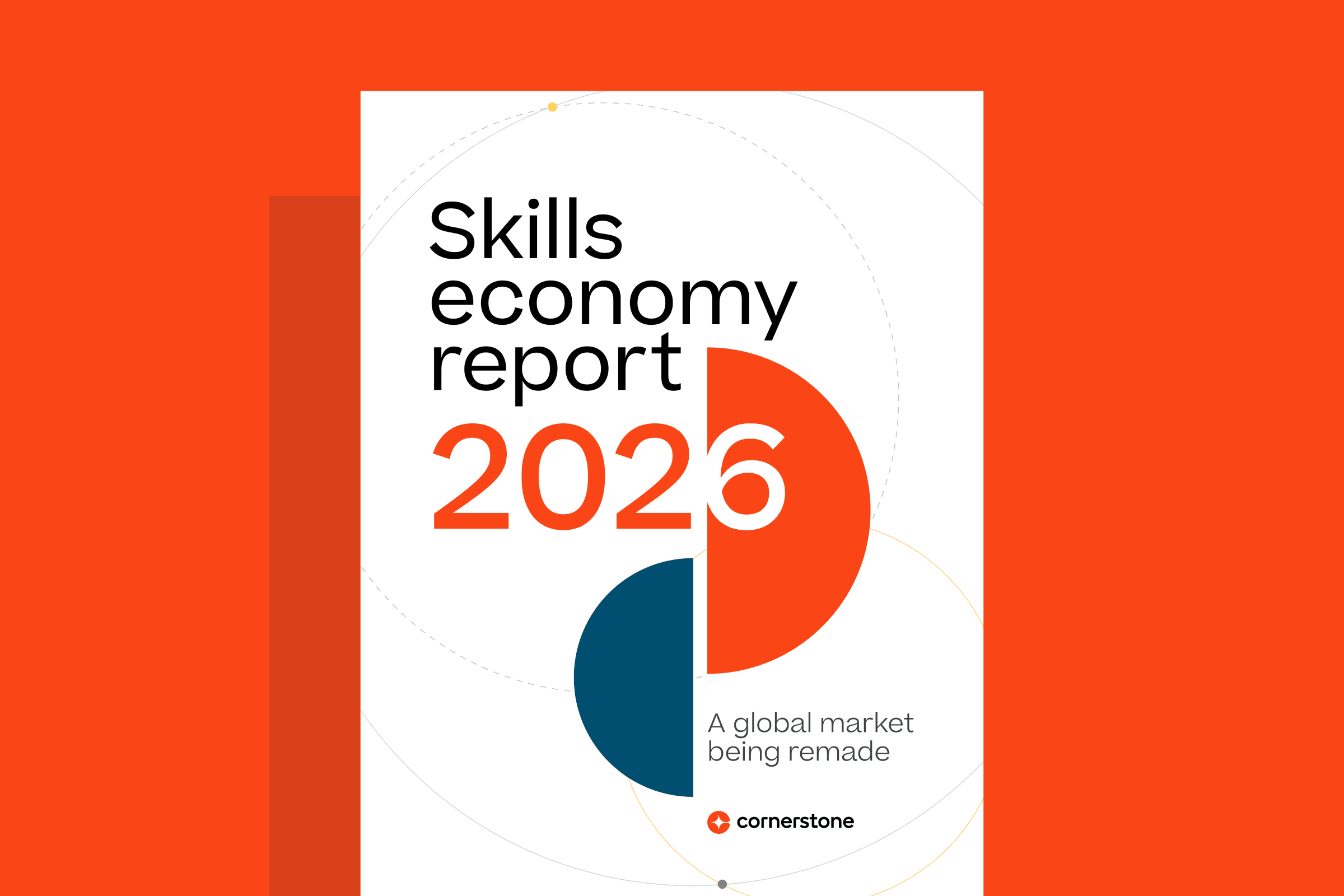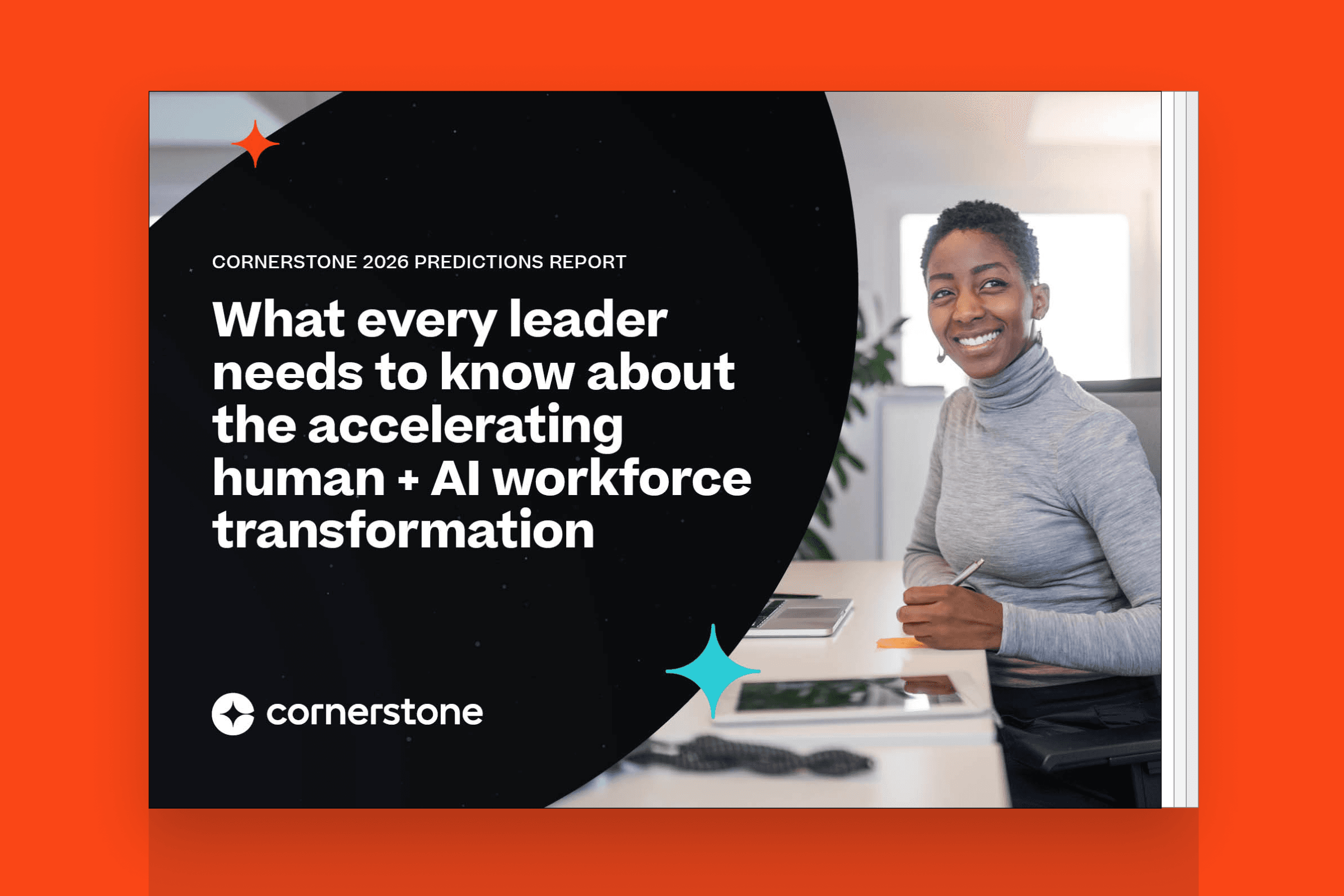The Skills Economy is changing the way organizations identify and evaluate job candidates. One thing is clear: The traditional resume is no longer adequate. In our five-part mini-series, we explore how the resume of the future will help companies win the war for talent. Check out part one here.
Claire McTaggart, is tired of the traditional resume.
After trying on different jobs in her 20s—from political consultant to manager at Deloitte—she's been on both sides of the table, as a job hunter and a hiring manager. She knew that one sheet of paper wasn't an accurate reflection of what employees could do.
"The resume doesn't do a good job—it doesn't look at who you are going forward," she says. "It looks at, historically, what are the keywords you've done. That's frustrating."
Out of this frustration came SquarePeg, the company she launched in 2016 to match job seekers with employers (and vice versa) using assessments and algorithms that capture much more than prior job titles. Here, we chatted about what the resume of the future could look like in order to make it more holistic and less frustrating.
What needs to change about the way HR managers look at candidates? What's missing from the traditional resume?
Hiring should be based on skills and behavioral attributes. For example, if someone is a great fit for a position, their reference may say, "She was so charismatic and always got things done on time." What people describe is what it was like working with this person, and not, "Oh, she had three years working on SEO." Skills and experience are important, of course, but that's not enough to make sound hiring decisions. The resume should reflect that.
What tools will allow candidates to showcase their attributes?
Because the job market is entirely online, job seekers should integrate with platforms that help showcase their projects, portfolios, personality and work examples. In the future, resumes will seamlessly integrate what all these platforms are learning about candidates into one place.
How do you expect the use of these new platforms to change the way we present and manage our personal brands when applying for a job?
There will be more emphasis on showing in a visual and data-driven way who we are professionally, what we've accomplished, and what potential we have. This means rather than a one-page snapshot, we build up collections of work and badges that help tell a better story of what we are capable of and where we may thrive.
Do you think social media will be a more important part of the hiring process in the future?
Social media can show who we are and what we've done and what we're interested in. It will help with job matching and recommendations. The more that you can post your portfolios or your achievements, the bigger a role it will play.
Becoming an expert in a topic is a way to create a name for yourself. The more you can create relevant interesting content in any subject, that lends credibility to your expertise.
What are you most excited about with a new kind of resume changing the way we work?
As an employer, you'll find people you wouldn't have found in a traditional process. As a job seeker, you'll get matched for jobs you wouldn't have considered. You're casting a much wider net and allowing data to find what's a good match.
For a closer look at what the resume of the future might look like, visit: www.csod.com/navigatingthefuture
Photo: Creative Commons


